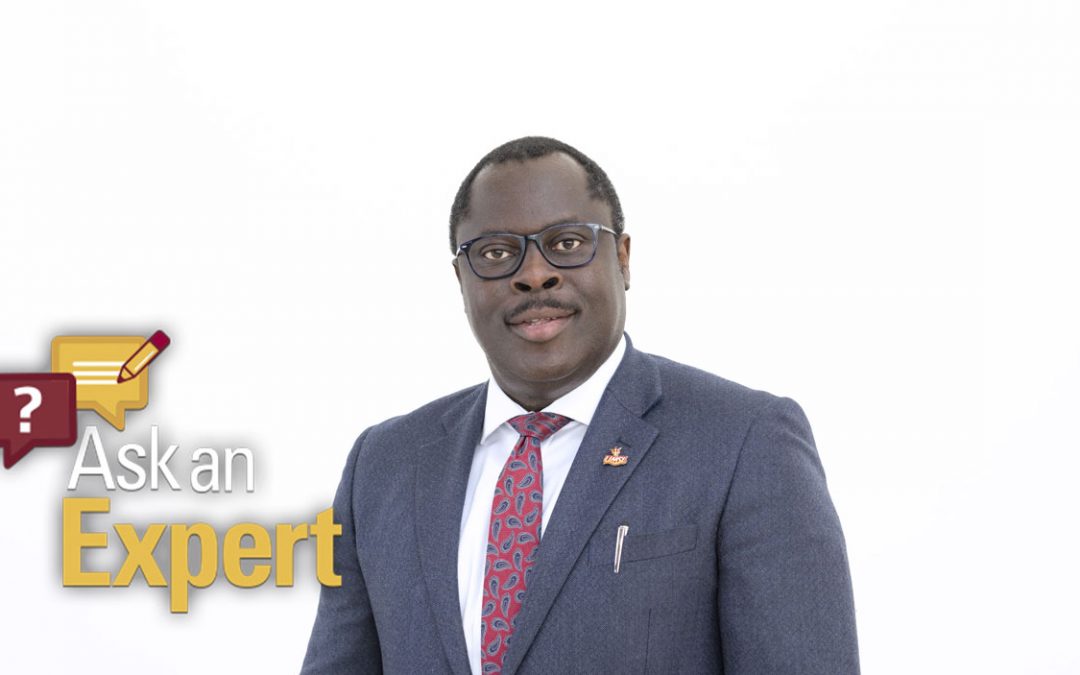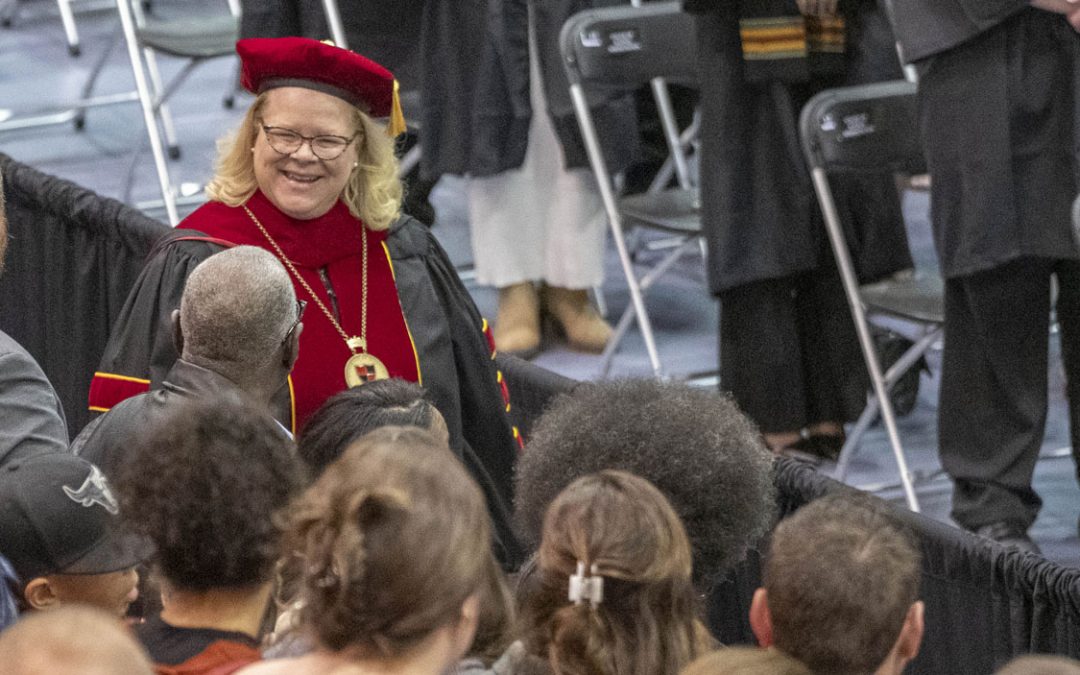
Faculty members (clockwise from top left) Gaiyan Zhang, Lea-Rachel Kosnik, Nathan Muchhala, Deborah Cohen, Eric Wiland and Rebecca Rogers will spend either one semester or the full 2023-24 academic year on sabbatical. (File photos)
The University of Missouri–St. Louis is granting sabbaticals to six tenured faculty members to expand their scholarship during the upcoming academic year.
Associate Professor Deborah Cohen from the Department of History, Professor Lea-Rachel Kosnik from the Department of Economics, Associate Professor Nathan Muchhala from the Department of Biology, Curators’ Distinguished Professor Rebecca Rogers from the Department of Educator Preparation and Leadership, Professor Eric Wiland from the Department of Philosophy and Curators’ Distinguished Professor Gaiyan Zhang from the Department of Finance and Legal Studies will spend either a semester or one academic year pursuing research work through the university’s sabbatical leave program.
“Sabbaticals provide our faculty sustained time for research/creative activities, enhancing our collective knowledge and understanding and gaining new insights that they can share with students in their teaching,” Vice Chancellor for Academic Affairs and Provost Steven Berberich said. “We are committed to encouraging academic and institutional revitalization and sabbaticals represent one way we achieve those goals.”
Under University of Missouri System policies, tenured faculty members are eligible to apply for a sabbatical leave after six or more years of service. College sabbatical selection committees will begin accepting applications later this calendar year for sabbaticals that will begin in the Fall 2024 semester.
Read more about how the faculty members who were granted sabbaticals this year plan to use their time away:
Deborah Cohen, Department of History: Cohen will use her fall semester to complete a manuscript for the book, “Romancing Zorro: Envisioning Democracy and Redistributive Justice from the 1920s to the 2020s,” which she is co-authoring with Lessie Jo Frazier, a professor of American Studies at Indiana University. The book will explore the character of Zorro, which has long been a vehicle for social justice in its many renditions in novels, novellas, comics and film. It will look at how the character is used to make sense of society’s laws, institutions and values, particularly around the border as a place of struggle amid the meeting of multiple cultures. “At their heart, the struggles are regional, national, and transnational,” Cohen said, “ and must be understood historically as they were supported by and advanced distinct political ideologies and projects.” She is also planning to use her sabbatical to complete a pair of journal articles, and she intends to apply her work toward a new class in History and Latinx Studies.
Lea-Rachel Kosnik, Department of Economics: Kosnik’s fall semester sabbatical will be used for researching data from St. Louis’ Residential Property-Assessed Clean Energy – or R-PACE – program. Such programs are designed to provide a financing mechanism for clean energy improvements like photovoltaic solar panels or high-efficiency HVAC systems, which have high up-front costs that can make them prohibitive for many individual property owners. Missouri is one of only three states – along with California and Florida – with active R-PACE programs, which have encountered hiccups elsewhere in the country. Kosnik intends to examine the impact of Missouri’s R-PACE program on energy efficiency upgrades and subsequent reduced carbon emissions and reduced fossil fuel consumption in the city. She would also like to analyze the environmental justice components of the program, including an empirical look at how successful St. Louis’ R-PACE program is at helping low-income homeowners access energy-efficient home improvements. She’s hoping that sound empirical analysis of R-PACE programs in St. Louis and elsewhere in Missouri can help inform and influence policy decisions.
Nathan Muchhala, Department of Biology: Muchhala will use his full-year sabbatical to collaborate to launch a large-scale project in the tropical forests of northern South America. He would like to examine the impact of different pollination and seed dispersal systems on gene movement within species of plants, as a critical aspect of ecology, evolution and conservation involves how genetically connected they are across their range. Human-caused fragmentation of natural areas splits up plant populations and risks harming genetic diversity. Muchhala hopes to expand on preliminary work done by his lab which showed that hummingbird pollination moved genes farther than insect pollination with the exception of orchid bees. He wants to examine more plant species with a variety of pollination and seed dispersal modes. Muchhala plans to do fieldwork in the cloud forests of northwest Ecuador and southeast Colombia and will be collaborating with biologists and students in Ecuador and Colombia. UMSL students will also participate in the research. He’s also hoping the connections he’s making with South American universities and biologists will also help attract more South American graduate students to UMSL in the future.
Rebecca Rogers, Department of Educator Preparation and Leadership: Rogers, who serves as the E. Desmond Lee Endowed Professor in Tutorial Education, intends to spend her fall semester sabbatical creating engaged scholarship focused on UMSL’s growing literacy clinics. Rogers envisions the Literacy Clinics as learning ecologies that connect students, teachers, families, children’s authors, libraries and community/place-based knowledges. At the heart of the Literacy Clinics is a commitment to preparing educators – both teacher candidates and practicing teachers – to teach educational literacies using evidence-based literacy methods within culturally and historically responsive frameworks. Rogers will work on a video project that will connect the history of the University’s Literacy Clinic with the future. She will continue to forge research connections between UMSL and a national network of educational researchers. Rogers intends to work with colleagues on creating a Literacy Institute, connecting literacy professionals, researchers, media makers, children’s authors and policymakers. She imagines it as an annual offering that can help recruit students into UMSL’s programs.
Eric Wiland, Department of Philosophy: Wiland will spend his full-year sabbatical working on a book project he’s already begun, “Eudaimonism and The First Person.” Eudaimonia is a Greek word that literally translates to the state or condition of “good spirit” and was the term for the highest human good in the Greek tradition. It is often used as a term for “happiness” or “welfare.” Wiland’s book will argue for a particular concept of human well-being that underlies a variety of disciplines, including economics, political theory, psychology, psychiatric therapy and public policy. But Wiland believes his research will have its greatest value in philosophy and philosophical research. Wiland hopes to again publish his book with Oxford University Press, the leading publisher in philosophy and with which he worked on his last book, “Guided by Voices: Moral Testimony, Advice, and Forging a ‘We.’” Wiland also will spend his sabbatical year as a visiting research professor and faculty fellow at the Murphy Institute at Tulane University.
Gaiyan Zhang, Department of Finance and Legal Studies: Zhang will spend her fall semester sabbatical on a research project titled “Do Banks Trade on Private Information? Evidence from the Credit Default Swap (CDS) Market.” CDS markets are considered highly susceptible to insider trading because they have low regulation, high opacity and large institutional investors. Banks get access to significant material and non-public information about firms’ credit risks during the loan origination and monitoring process. Zhang intends to explore whether banks take advantage of that private information when they trade in CDS markets and if their informed trading allows them to generate abnormal profits. She’s also interested in what characteristics and constraints of banks and borrowers impact trading decisions. Zhang believes this research is timely and could have important implications for both market participants as well as regulators, and is also of interest to scholars. This project will build on Zhang’s prior research on the market for credit default swaps and the role of financial institutions in it.














